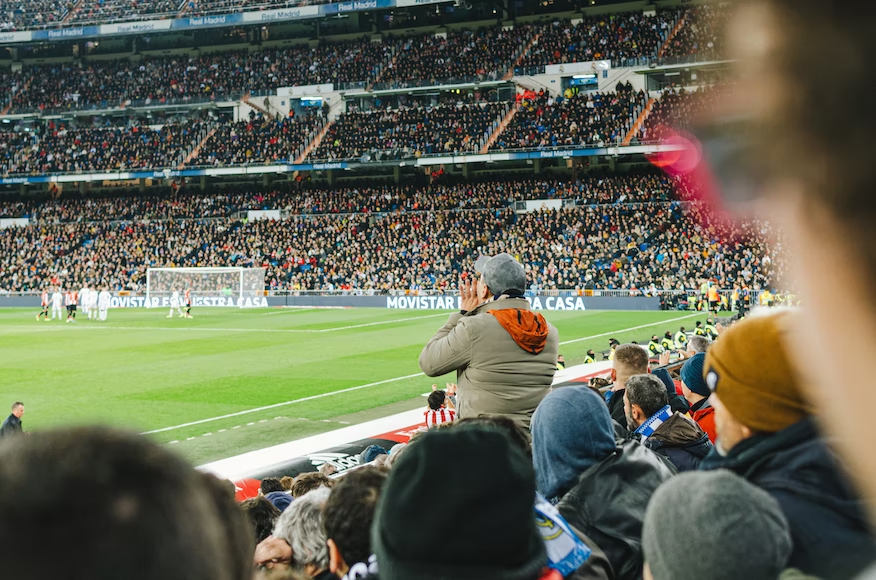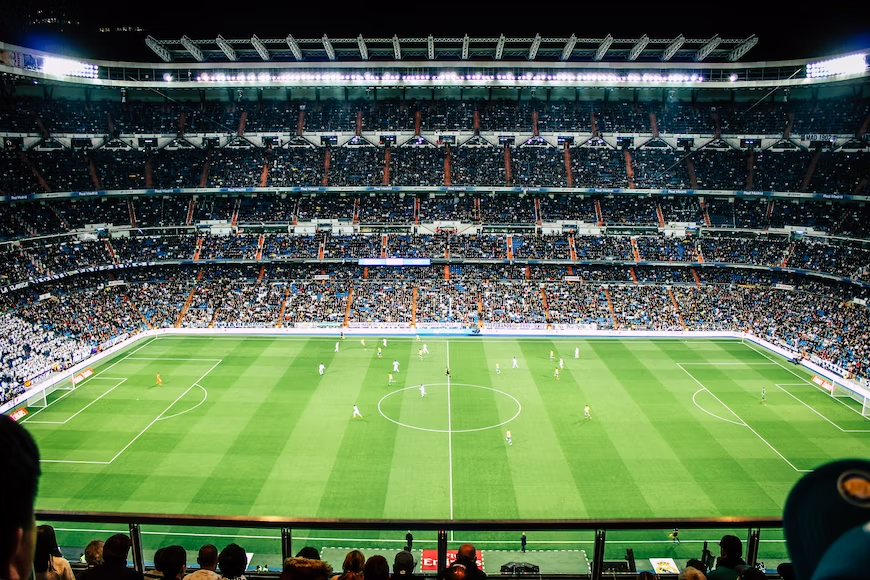Portugal’s Primeira Liga is one of Europe’s most popular and successful soccer leagues. Home to some of the world’s top players, it’s no wonder there are so many passionate fans from all over the world following the league. Let’s look at some interesting facts about the Portuguese Primeira Liga.
The League Dates Back to 1934
The Primeira Liga is the top professional football league in Portugal. Founded in 1934 as the Campeonato de Portugal, the Primeira Liga established itself as one of Europe’s most attractive championship divisions. For over 80 years, some of the greatest names in Portuguese football, from Benfica to Sporting Lisbon and Porto, have competed for glory in this fiercely contested competition. Since the turn of the 21st century, those three teams have been dominant, but smaller clubs like Boavista and Vitória Guimarães have occasionally provided a different champion name. No matter who takes home the trophy each season, it’s a sure bet that excitement and passion will be abundant on each match day of this historic league.
Popular Teams and Players

The Primeira Liga is home to some of the biggest teams in Europe, including FC Porto, Benfica, and Sporting Lisbon. These teams have won multiple championships over their histories. It is home to some of the best soccer players in the world. Some of its top players have gone on to excel at major clubs in Europe and around the globe, earning accolades and admiration for their impressive skill and ability. Neymar Jr., a Brazilian international who played for Santos before moving to Barcelona, tops the list of exceptional Primeira Liga talents. Joao Felix, one of Europe’s brightest young prospects, began his career at Benfica before moving on to Atletico Madrid.
Meanwhile, Bernardo Silva has been integral to Manchester City’s successes over the past few years. Others includes; Hernâni Ferreira da Silva, Javier Saviola, João Pinto and Mário Jardel. The list can only be completed by mentioning legendary manager Jose Mourinho. He is considered one of the best managers in Europe, and he led FC Porto to two league titles during his time there.
Together they form a formidable quartet representing the highest caliber of talent that Primeira Liga offers. Their skills on the pitch make them formidable forces to be reckoned with, displaying strength and agility that few can match. As their success continues to bloom in Portugal’s premier league and beyond, they bring a unique energy and enthusiasm to all who watch. If you want to learn about the league’s standings and fixtures, look for the right resources online. Some sites provide real-time information regarding the teams and their performance. You want a site that offers accurate football analysis and scores to help you understand the game better. For ease of use, the navigation through the platform needs to be straightforward. This gives every reason to be on the website.
Clubs
Portuguese football is home to some of the best clubs in the world. Currently, it consists of eighteen clubs in the league, but the most famous are Porto, Benfica, and Sporting dominating the competition since its formation. The most successful team is Benfica, who has won the league title a staggering 37 times. Porto has claimed it 28 times, while Sporting has come in as the closest rivals with 18 titles. Boavista and Belenenses have both won the league just once. Yet, Boavista holds the record for runner-up titles at four, while Belenenses, followed by Braga, Vitória de Setúbal, and Académica, have all been runners-up just once. Despite fierce competition from within and outside Portugal’s borders, these clubs remain renowned in football.
These teams have won the lion’s share of championship titles and are the only clubs to have never been relegated! They boast not only the biggest stadiums and highest average attendances out of all Portuguese clubs, but historically they have been hugely important in providing players for Portugal’s national team. Together, these three form a formidable force on the football field that has been a driving force in Portuguese football for decades.
Studiums
Portugal’s Primeira Liga stadiums boast a captivating setting and draw immense audiences. Though 18 teams make up the league, no stadium is shared. Each team has its own field of play. Benfica’s Estádio da Luz has the highest capacity, with 64,642 people typically in attendance. Most registers go up to 85%, with Sporting, Porto, and Benfica typically seeing this level of interest. The average number of people per stadium is 20,141. Even Tondela’s small 5,000-capacity ground gets a good turnout. Refurbishments have made for a more modern look on many grounds, but that doesn’t come at the cost of losing the classic appeal that cements these stadiums as iconic structures in Portuguese culture.
The League Schedule

Primeira Liga follows a traditional schedule, with the season running from August to May. Each team plays the other twice, once at home and once away, meaning that each team plays 34 matches. There are times when midweek matches are scheduled when there is a heavy load of games. During the summer break, teams can participate in friendly matches or tournaments such as the Supertaça Cândido de Oliveira and Taça da Liga. The bottom two teams in the Primeira Liga are automatically relegated and replaced by the top two teams of the Segunda Liga. There is also a promotion/relegation system, which allows teams to be promoted or relegated based on their performances throughout the season. The Primeira Liga has maintained its high standards since its inception and continues producing some of Europe’s best football players and teams. It is one of the most competitive leagues in Europe, and it will be interesting to see how it continues to evolve.
Since its humble beginnings in 1934, the Primeira Liga has become one of Europe’s top professional football leagues. With 18 teams competing for the title each season, it is an exciting competition that sees teams rise and fall with every passing year. It has produced some of Europe’s best players and managers, such as Cristiano Ronaldo, Luis Figo, and Jose Mourinho.
